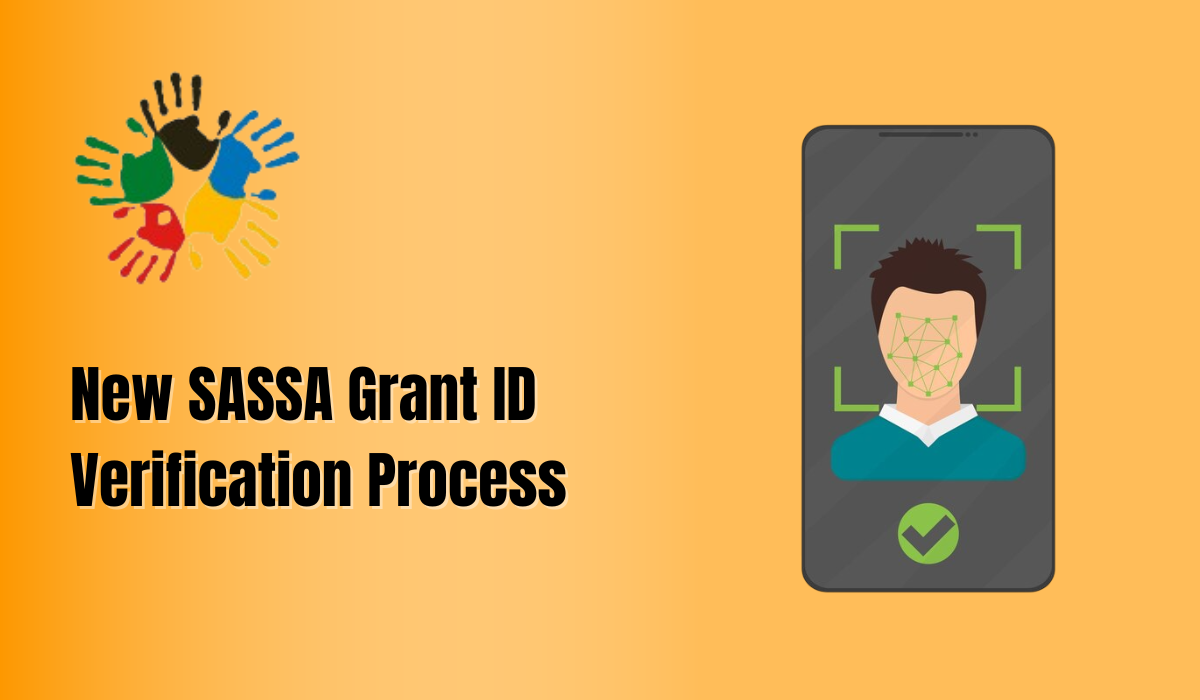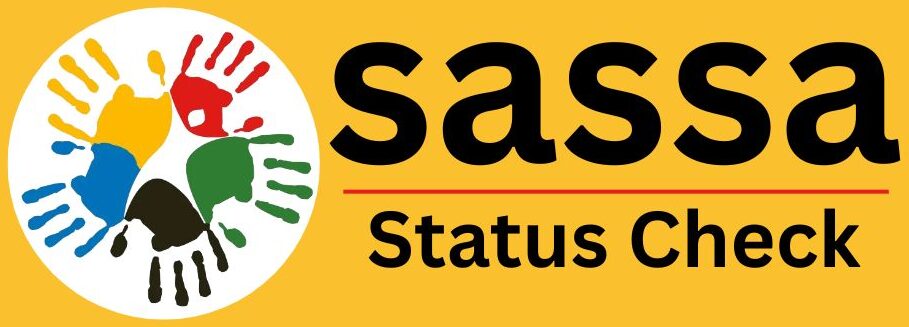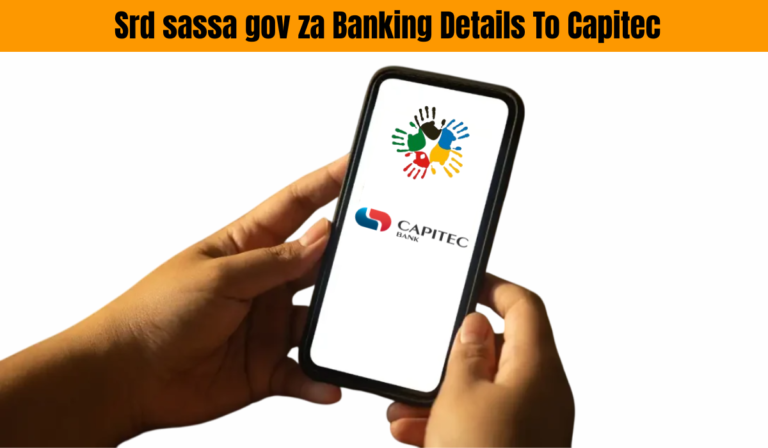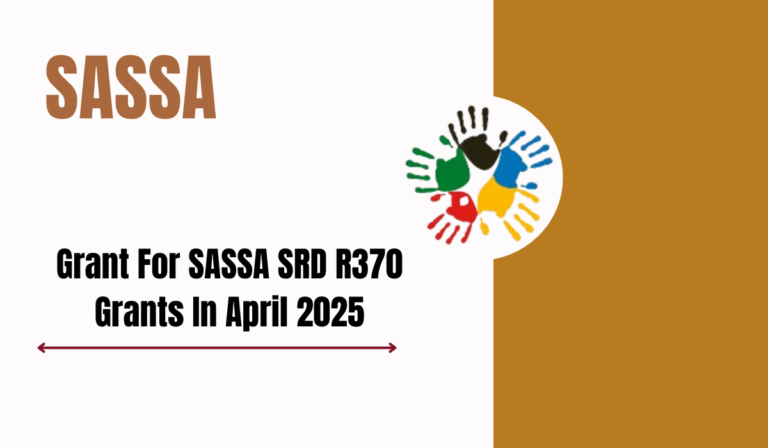New SASSA Grant ID Verification Process

New SASSA Grant ID Verification Process. The South African Social Security Agency (SASSA) has recently announced significant changes to its beneficiary verification process. These changes are primarily aimed at improving the security, accuracy, and integrity of grant distribution across the country. One of the most important developments is the mandatory biometric enrolment for certain categories of grant recipients. These updates will officially come into effect on 5 May and will impact individuals who do not use the standard 13-digit South African ID number.
In this comprehensive article, we’ll dive into the details of the new SASSA Grant ID verification process, who it affects, how biometric enrolment works, and what it means for future beneficiaries. This guide is especially helpful for current and prospective recipients trying to understand how to stay compliant with the latest SASSA protocols.
Why Is SASSA Implementing a New ID Verification System?
The motivation behind this update is straightforward: to prevent fraud, improve accuracy, and protect the integrity of the South African social welfare system. Over the years, SASSA has faced multiple challenges, including:
- Fake identities used to claim grants
- Duplication of beneficiaries
- Claims made on behalf of deceased individuals
- Use of falsified documents
To address these issues, SASSA has partnered with the State Information Technology Agency (SITA) to roll out a robust biometric verification system. The goal is to ensure that only qualified individuals receive social grants while blocking any fraudulent activities.
Who Will Be Affected by the New Verification Process?
Not everyone receiving a SASSA grant will be affected by the new rules right away. Here’s a breakdown of the individuals who must undergo biometric enrolment starting 5 May:
| Category | Requirement |
|---|---|
| New applicants using alternative IDs | Must undergo biometric enrolment |
| Existing beneficiaries updating personal info | Must undergo biometric enrolment |
| Individuals collecting grants on behalf of others | Must undergo biometric enrolment |
| Recipients using affidavits or temporary documents | Must undergo biometric enrolment |
| Existing recipients with 13-digit SA ID | Not required unless changing info |
This change will not affect individuals who already receive grants using their standard 13-digit South African ID number—unless they need to change or update their personal details in the future.
Biometric Enrolment
So, what exactly is biometric enrolment?
Biometric enrolment refers to the collection of unique physical characteristics that can be used to verify a person’s identity. This includes:
- Fingerprint scans
- Facial recognition
- Other physical features
These biometric traits are almost impossible to duplicate or forge, making them ideal for preventing identity fraud and ensuring that grants are paid to the correct individuals.
Types of Identification Affected
The new rules primarily apply to individuals who use alternative forms of identification, such as:
- Sworn affidavits
- Receipts from Home Affairs ID applications
- Other non-standard ID documentation
How Will the New System Be Implemented?
SASSA has ensured that the rollout of the new SASSA Grant ID verification process will be smooth and accessible to all. The agency has already partnered with SITA to make sure all offices across South Africa are equipped with the necessary technology and trained staff.
Implementation Steps
- Technology Setup: Every SASSA office will be equipped with biometric registration tools.
- Training Staff: Officials at these offices will be trained to assist clients with the biometric process.
- Public Communication: SASSA is actively informing the public via media and community outreach to raise awareness.
What This Means for New Applicants
If you’re planning to apply for a SASSA grant after 5 May, and you don’t have a 13-digit SA ID number, here’s what you need to do:
- Visit a local SASSA office: Ensure the office offers biometric registration.
- Bring your identification documents: This may include affidavits or temporary Home Affairs documents.
- Complete the biometric scan: You’ll provide fingerprints and facial recognition data.
- Await confirmation: Your data will be verified before your grant application is processed.
Why This Matters: Cleaning Up the System
SASSA has taken a firm stance on eliminating fraudulent activities. The biometric enrolment is a critical part of the broader initiative to clean up the grant system and enhance its credibility.
According to SASSA officials, one of the persistent challenges has been identifying deceased individuals who are still listed as active beneficiaries. Although SASSA works closely with the Department of Home Affairs, keeping these records updated is a continuous process.
Families also have a role to play.
“Families have a responsibility too to inform SASSA when someone passes away so that they can be removed from the system,” said Andile Tshona, a SASSA spokesperson.
Benefits of the Biometric System
The biometric enrolment system brings multiple benefits to both SASSA and its beneficiaries:
Increased Security
Biometric features cannot be forged easily, reducing the chances of fraud.
Better Accuracy
Ensures that grants are issued to legitimate beneficiaries only.
Faster Processing
Biometric verification can speed up identification during reviews or data changes.
Cost Efficiency
By eliminating fraudulent claims, SASSA can direct funds to those who need them most.
Concerns and Public Response
While the new system has generally been welcomed, some advocacy groups and civil society organizations have expressed concerns. They argue that the new rules may unintentionally exclude vulnerable individuals who face challenges in accessing SASSA offices, especially those living in rural areas or with mobility issues.
To address these concerns, SASSA has stated it is exploring mobile units and outreach programs to help those who may not be able to visit an office in person.
Conclusion
The new SASSA Grant ID verification process is a significant step toward improving the efficiency and security of South Africa’s social welfare system. While only specific categories of beneficiaries are affected for now, it is essential for everyone involved with SASSA to stay informed and prepared.






